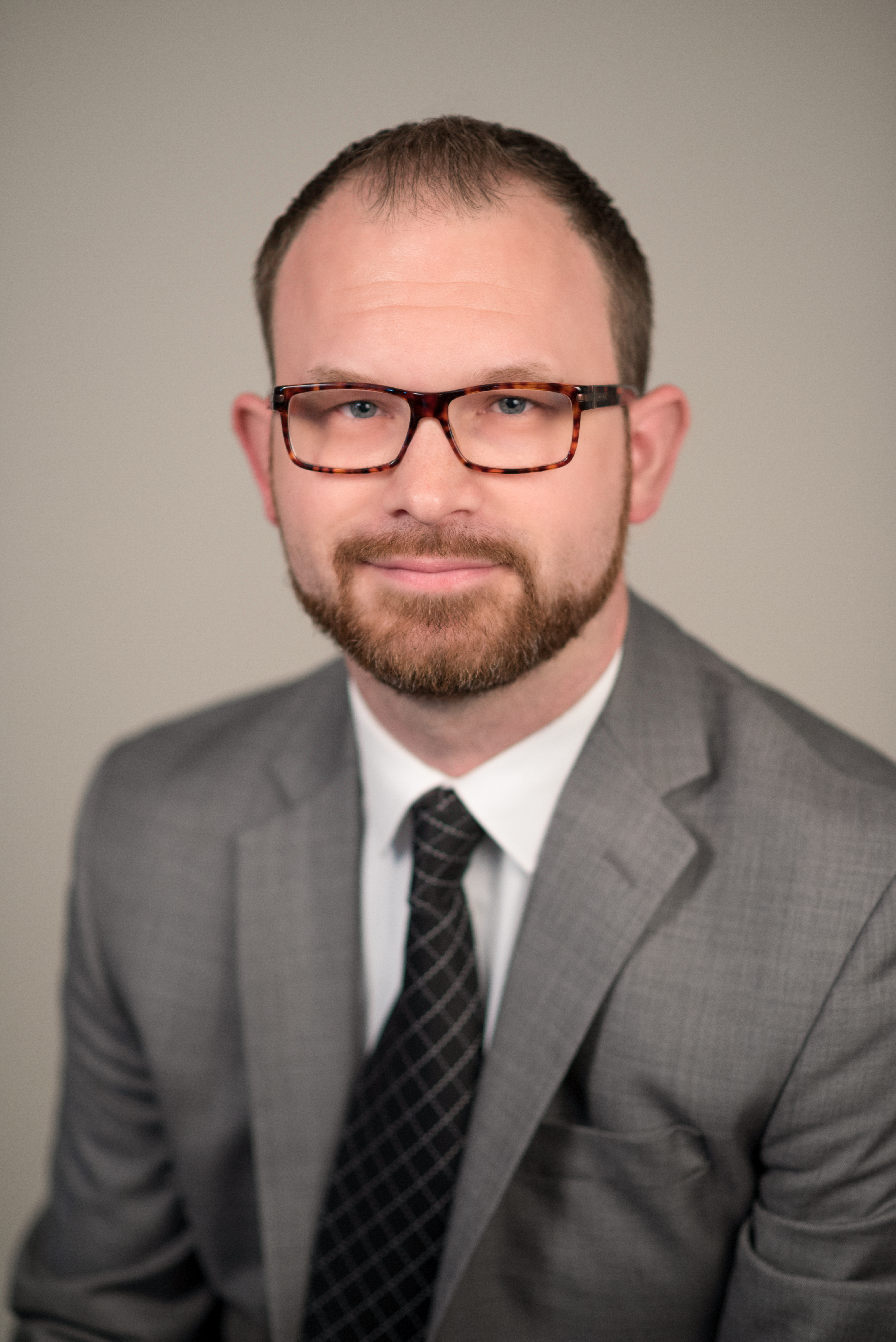The gruesome bombing of two Coptic churches on Palm Sunday revealed what many Egyptian Christians already know to be true: Despite repeated assurances from President Abdel Fatah al-Sisi to protect the country’s large Coptic minority, his government appears unwilling or unable to actually deliver on his promises.
Copts precede Arabs in Egyptian history and are proud to claim indigenous roots that date all the way back to the pharaohs. But today, perhaps more than at any other time in recent memory, Egyptian Christians are asking themselves the same question that almost all Christians around the region are asking: Do we have a place here anymore?
The Middle East is hemorrhaging Christians and other minorities as terrorism and sectarian warfare rip through the region. The United States, for its part, cannot ignore this fact as it makes policy. Diplomats and policymakers are trained to identify and navigate various hard power challenges in a given arena and tend to downplay, or at least de-prioritize, soft challenges like persecution. But the Middle East’s minority problem is the problem, and speaks to the motivating purpose of Islamic terrorism: eradication of the other because of who he is and what he believes.
The Trump administration should use the bombings in Egypt as an occasion to construct a clear policy on protecting Middle Eastern minorities. Such a policy would help reframe the war on terror as a defense of innocence and difference, opening more avenues of positive engagement (e.g. education) as opposed to merely negative (e.g. drone strikes). Such a policy would have broad moral appeal among domestic and international audiences, and would gather support from regional allies like Jordan and Israel. It would strike American ears as far more achievable than killing an endless stream of terrorists and terrorist ideologies. Indeed, a policy of protecting minorities is perhaps the best rhetorical framework for US policy in the Middle East beyond a basic pursuit of American interests.
The source of our international prestige is our capacity for justice, and there is no cause more just than defending innocent lives.
Of course, any policy defending minorities must be judicious, non-discriminatory, and aimed at sustainable solutions rather than episodic acts of retribution. It must be a real policy—and a limited policy. But it can begin with a simple moral declaration that the indiscriminate targeting of human beings based on their identity is a violation of US values and interests and will not be tolerated. Such statements are the stuff presidential doctrines are made of.
In the case of Egypt, the US could apply the declaration in a number of key ways, leveraging its massive financial aid package to the country to demand—possibly even direct—critical security and intelligence overhauls, public information campaigns, and affirmative action programs for Copts and other minorities who have long been treated as second class citizens. President Sisi and President Trump are still in the honeymoon phase of their relationship, and there is no reason why a major initiative like this would not work. In the case of Syria, Iraq, Lebanon, and Iran, the declaration would naturally play out in different ways but would undergird other US policy priorities with a solid moral foundation.
Two things are clear at this point: Terrorist attacks against Christians will only increase across Egypt and the wider region, and American outrage against Muslim terrorists—and possibly Muslims in general—will likely increase alongside. Rather than react to events with impulsive force when domestic opinion demands it, President Trump ought to appoint a task force with the mandate of crafting an overarching policy for the protection of minorities in the region.
Protecting Christians doesn’t have to become a crusade. Clear and holistic thinking that takes into account local dynamics and American interests can generate beneficial outcomes for Middle Eastern minorities, the Middle East as a whole, and a world grown weary of a region spiraling deeper and deeper into violence.
Implemented early, this policy could become the bedrock for Middle East engagement over the next four years. The time to shift is now.
—
Robert Nicholson is the executive director of The Philos Project, a nonprofit organization that seeks to promote positive Christian engagement in the Middle East. He holds a BA in Hebrew Studies from Binghamton University, and a JD and MA (Middle Eastern History) from Syracuse University. A formerly enlisted Marine and a 2012- 2013 Tikvah Fellow, Robert lives in New York City with his wife and two children.
Photo Credit: Domes of St. Markos Church in Cairo, Egypt. By Andrew A. Shenouda, via Flickr.






